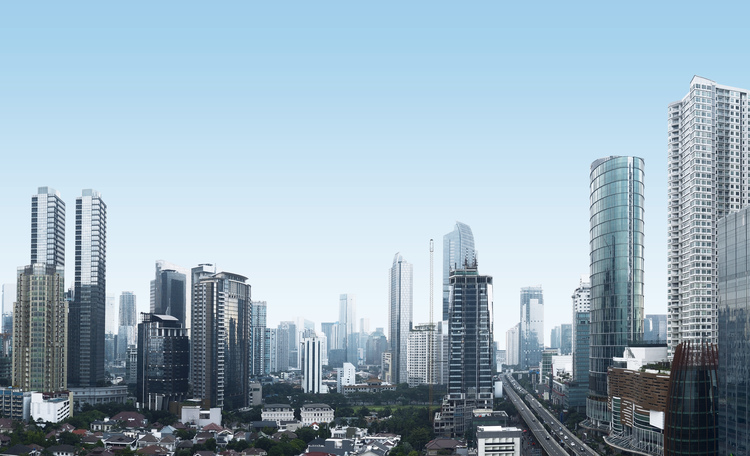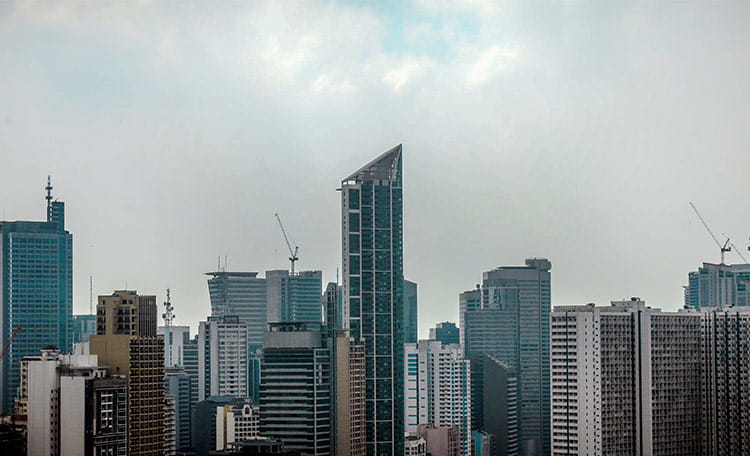Insights
Most Recent
Research
APAC Data Centre Update: H2 2025
MarketBeats

MarketBeat

MarketBeat
Economy
Research
AI Impact Barometer: Conviction in a Transforming World
Research
H2 2025 EMEA Data Centre Market Update
Logistics & Industrial

MarketBeat
Article
Data Centres
Research
APAC Data Centre Update: H2 2025
Research
Insights • Technology
James Normandale • 16/01/2025
Office

MarketBeat

MarketBeat
Research
Linsey Smith • 27/10/2025
Retail

MarketBeat
Research • Food & Beverage
Jennifer Milne • 02/07/2024
Workplace
Research • Workplace
Global Flexible Office Trends 2025
Research • Workplace
Despina Katsikakis • 17/06/2025
Sustainability
Research • Sustainability / ESG
Industrial Logistics Climate Risk Outlook
Insights • Sustainability / ESG
22/05/2025
Insights • Sustainability / ESG
Xian Yang Wong • 22/10/2024
STAY TUNED FOR THE LATEST MARKET INSIGHTS AND UPDATES
FEATURED MARKET REPORTS

MarketBeat

MarketBeat

MarketBeat
FEATURED ARTICLES
For Sale • Land/Development
High-Profile Development Site In Adelaide’s CBD West End
296 & 298 Hindley Street
Adelaide, South Australia 5000
Australia
Sale Price: Contact us for pricing
For Sale • Other
8121 Melton Road
8121 Melton Road
Gary, IN 46403
United States
Sale Price: $10,500,000 USD
For Sale • Warehouse/Distribution
100 Liberty Drive
100 Liberty Drive
Trinidad, CO 81082
United States
Sale Price: $7,002,875 USD




























